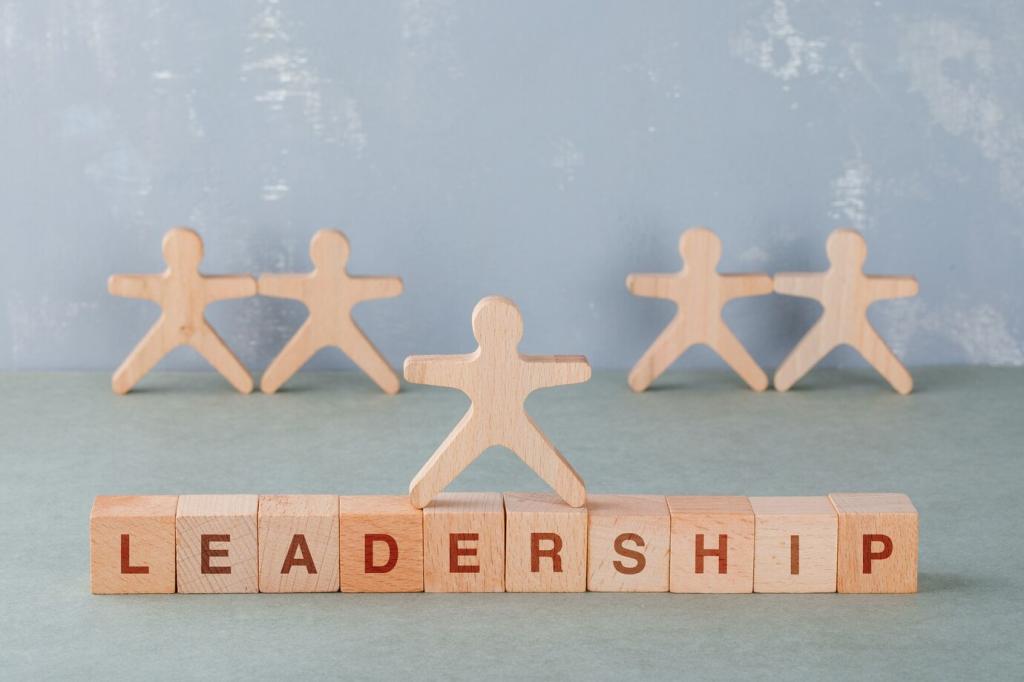
Business Education Strategies for Leadership Enhancement
Chosen theme: Business Education Strategies for Leadership Enhancement. Welcome to a practical, human-centered journey into how leaders learn, grow, and elevate others. Expect actionable frameworks, reflective prompts, and stories that turn insight into impact. If this resonates, subscribe and share your biggest leadership learning goal with us today.
List the capabilities that will matter most in your role over the next year, then map resources to each: books, courses, mentors, and practice projects. Keep it lean, time-bound, and tightly aligned with your team’s strategic goals so every hour of learning lifts real performance.
Design Your Personal Leadership Learning System
Evidence-Based Coaching and Mentorship
Seek mentors who challenge your thinking, not just validate it. Share goals, boundaries, and the cadence you need. A good match accelerates growth by offering perspective, accountability, and timely introductions, especially when you commit to bringing back outcomes after each session.

Data-Literate Leadership Without the Jargon

Start with a clear decision you must make, then identify the smallest set of signals that meaningfully inform it. Pair numbers with context from customers and teammates. When intuition meets evidence, leaders act faster without blind spots, and teams understand the why behind choices.
Communicate to Influence and Align
Tell Stories That Move Strategy
Frame messages with a simple arc: the problem your audience feels, the action you propose, and the benefit they will experience. Add a vivid customer moment. Stories make priorities memorable, reduce resistance, and invite people to see themselves inside the future you describe.
Run Listening Labs
Host short sessions where you speak last. Ask clarifying questions, paraphrase what you heard, and capture commitments publicly. When people feel accurately understood, they volunteer risks earlier, surface smarter ideas, and align faster without repeated meetings or lengthy emails.
Design a Feedback Flywheel
Normalize short, frequent feedback using two prompts: what to continue and what to improve. Close the loop by reporting how suggestions changed decisions. Over time, your team learns that candor leads to impact, not punishment, and everyone gets better at giving it thoughtfully.
Think Strategically with Scenarios and Experiments
List the beliefs behind your plan, then rank them by uncertainty and impact. Design small experiments to validate them quickly. This habit prevents big, quiet mistakes and teaches teams to treat strategy as a living hypothesis rather than a fixed, fragile document.
Think Strategically with Scenarios and Experiments
Explore best, base, and worst cases in a single workshop. Identify triggers that signal movement between scenarios and pre-commit responses. Leaders who rehearse uncertainty make calmer decisions, protect capacity, and find opportunity where others only see disruption.
Think Strategically with Scenarios and Experiments
Imagine your initiative failed spectacularly and list reasons why. Invite a small red team to challenge timing, resources, and risks. By surfacing threats early, you convert fear into foresight and earn confidence when you communicate how you will mitigate what matters.
Create Psychological Safety on Purpose
Model curiosity, admit mistakes, and reward thoughtful dissent. Open meetings with a quick check-in and close with learned insights. When leaders normalize learning in public, teams contribute faster ideas, escalate issues earlier, and stay engaged during tough, ambiguous stretches.
Clarify Roles and Decision Rights
Use a simple decision matrix that names the driver, contributors, approver, and informed parties. Publish it, stick to it, and revisit after milestones. Clear ownership shrinks delays, reduces rework, and frees creative energy for the work that truly moves the mission.
Sustain Momentum with Team Rituals
Establish short weekly wins reviews, monthly demo days, and quarterly purpose checks. Rituals anchor progress when workloads spike and priorities shift. They also create natural moments to celebrate learning, recognize contributions, and invite fresh ideas from every corner of the team.
